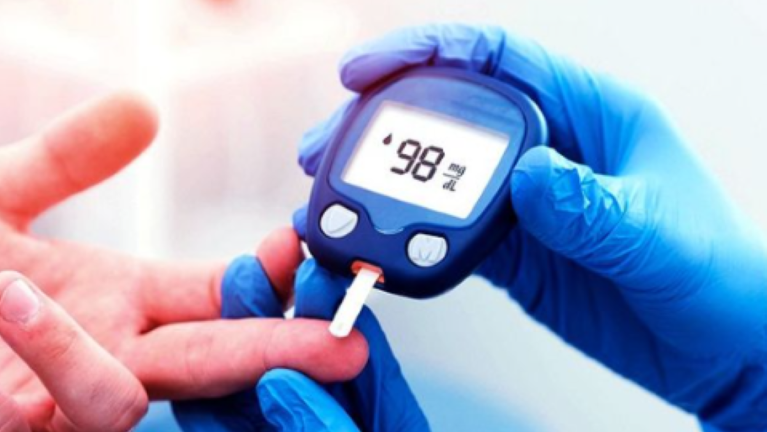
What is diabetes and how does it affect your oral health
When it comes to oral health, diabetes is considered a major risk factor for periodontal disease. This means that if you have poorly controlled or undiagnosed diabetes, you are three times more likely to develop periodontitis. An average of 30% of people with diabetes have severe periodontal disease and by not managing the blood glucose levels, it may lead to tooth loss and other oral complications. Depending on how controlled your diabetes is, periodontal therapy at a dental clinic may not even help to improve the condition.
There is clearly a relationship between the degree of high blood sugar levels and the severity of periodontitis. The higher the blood sugar levels, the greater the destruction of the periodontal ligaments and the surrounding bone supporting the teeth. The periodontium of an individual with diabetes, especially if uncontrolled, have a continues and exaggerated response to inflammation. As inflammation continues and remains unresolved, the periodontal tissue cannot repair itself. This in turn accelerates the destruction of the surrounding bone and periodontal ligaments, which leads to tooth loss.
Periodontal disease is not the only complication associated with diabetes but also includes other intraoral complications, especially in those individuals with uncontrolled blood sugar levels:
- Dried, crack corners of the mouth
- Oral fungal infections
- Burning mouth
- Salivary gland dysfunction that can lead to dry mouth and increase the risk of decayed teeth
There are many things you can do to not only improve your oral health but also your overall health:
- Have a good oral health care routine at home by brushing twice a day with a fluoridated toothpaste
- Clean between your teeth everyday with floss, an interdental brush or a water flosser
- Visit your dental clinic at least twice a year or if you have any gum, teeth or mouth problems
- Follow a healthy eating plan and exercise routine
- Having a few alcoholic drinks at home might be part of your everyday life and it is likely to interfere with your blood sugar levels
- Be smokefree
- Glycated haemoglobin (HbA1c) measures the amount of glucose in your blood over a period of 3 months. Visit your physician to test your blood glucose levels at least every 3 to 6 months
- Regularly test your blood glucose levels at home
Diabetes New Zealand supports people with diabetes and provides information and resources to help identify and manage diabetes symptoms. This includes resources for food and nutritional recipes, health, physical activities and wellbeing. Visit their website at www.diabetes.org.nz
Resources
Diabetes New Zealand. (n.d.). https://www.diabetes.org.nz/
Gehrig, J., Shin, D., & Willman, D. (2019). Systemic risk factors that amplify susceptibility to periodontal disease. In J. S. Gehrig, D. E. Shin & D. E. Willmann (Eds.), Foundations of periodontics for the dental hygienist (5th ed., pp. 301−340). Wolters Kluwer.
Healthnavigator. (2021). Diabetes and smoking. https://www.healthnavigator.org.nz/health-a-z/d/diabetes-smoking/
Health Navigator. (n.d.) What problems can diabetes cause? https://www.healthnavigator.org.nz/health-a-z/d/diabetes-complications/
Miller, A., & Ouanounou, A. (2020). Diagnosis management, and dental considerations for the diabetic patient. Journal of the Canadian Dental Association, 86(k8), 1![]() 6. https://jcda.ca/k8
6. https://jcda.ca/k8
Varon, F., Geist, R. (2007). Diabetes Mellitus. https://www.aaom.com/index.php?option=com_content&view=article&id=87:diabetes-mellitus&catid=22:patient-condition-information&Itemid=120

